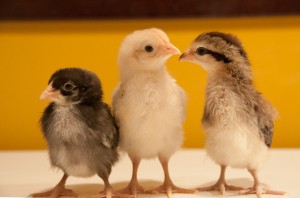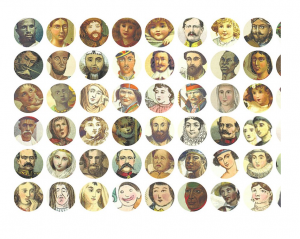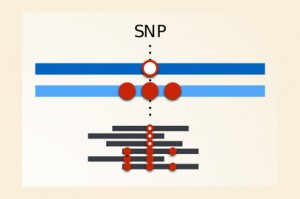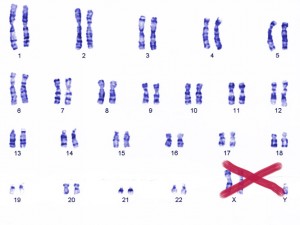Enter your address to receive notifications about new posts to your email.
Articles tagged GWAS
(12 results)
-
Science & Publishing
Four new pipelines to streamline and improve genomic analyses
G3 reports exciting methods designed to make specific genomic analyses easier.
-
Science & Publishing
Balancing genetic privacy with open data in genomic research
A new encryption method published in GENETICS allows researchers to maintain human data confidentiality without the need for decryption in genomic analyses.
-
Science & Publishing
Hongyu Zhao joins GENETICS as new Senior Editor
A new senior editor is joining GENETICS in the Statistical Genetics and Genomics section. We’re excited to welcome Hongyu Zhao to the editorial team.
-
Science & Publishing
Scientists pinpoint the “fight” in fighting chickens
A genome-wide association study published in G3: Genes|Genomes|Genetics offers insights into the genetic origins of aggression in gamecocks.
-
Heights and pitfalls in detecting polygenic adaptation
Identifying signatures of polygenic adaptation is getting easier—but a commentary calls for caution in drawing conclusions. If you’ve ever wished for a stepstool so you could see the stage at a crowded concert, or, conversely, if you’re tired of being asked “How’s the weather up there?”, you’ve likely pondered what makes some of us tall…
-
New schizophrenia risk genes found by computational analysis
Symptoms of schizophrenia most commonly begin to creep up in young adulthood. Although genetics play a major role in this complex disorder, narrowing down the search for the genes involved has proven frustratingly difficult. Risk loci identified by genome-wide association studies (GWAS) may contain several genes, making it unclear which of these contribute to pathology.…
-
Anxious chickens as a model for human behavior
Chickens that “chicken out” in unfamiliar surroundings may shed light on anxiety in humans, according to research published in the January 2016 issue of the journal GENETICS. Domestic chickens are much less anxious than their wild cousins, the red junglefowl. The new research identifies genes that contribute to this behavioral variation and reveals that several…
-
Human Genetic Diversity and Social Inequalities
As ancient humans spread across the globe from their evolutionary birthplace in Africa, they tended to lose a little genetic diversity at each step along the way. New settlements were probably often founded by small groups that carried only a subset of the total diversity present in their homelands. Successive rounds of this “founder effect”…
-
Turning spit and data into treasure
By the time President Obama announced the Precision Medicine Initiative in January 2015, the Genetic Epidemiology Research on Adult Health and Aging (GERA) cohort was already a trailblazing example of this new approach to medical research. GERA is a group of more than 100,000 members of the Kaiser Permanente Medical Care Plan who consented to…
-
The trouble with HLA diversity
The most diverse of all human genes encode a set of proteins at the frontline of our immune system. Many different Human Leukocyte Antigen (HLA) proteins are encoded by genes clumped together in one portion of the human genome known as the major histocompatibility complex region. HLA proteins sit on the surface of cells and…
-
ASHG Meeting Report: The X-factor in complex disease
One of the major risk factors for autoimmune diseases is being born with two copies of the X chromosome. For example, women—who typically carry two Xs—face around ten times the risk of lupus, while men with lupus are around 15 times more likely than the general population to carry two Xs and a Y (Klinefelter…




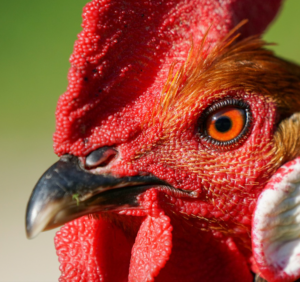

![A cloth embroidered by a person with schizophrenia. By cometstarmoon [CC BY 2.0], via Wikimedia Commons](https://s36063.pcdn.co/wp-content/uploads/2016/12/rsz_cloth_embroidered_by_a_schizophrenia_sufferer-300x225.jpg)
